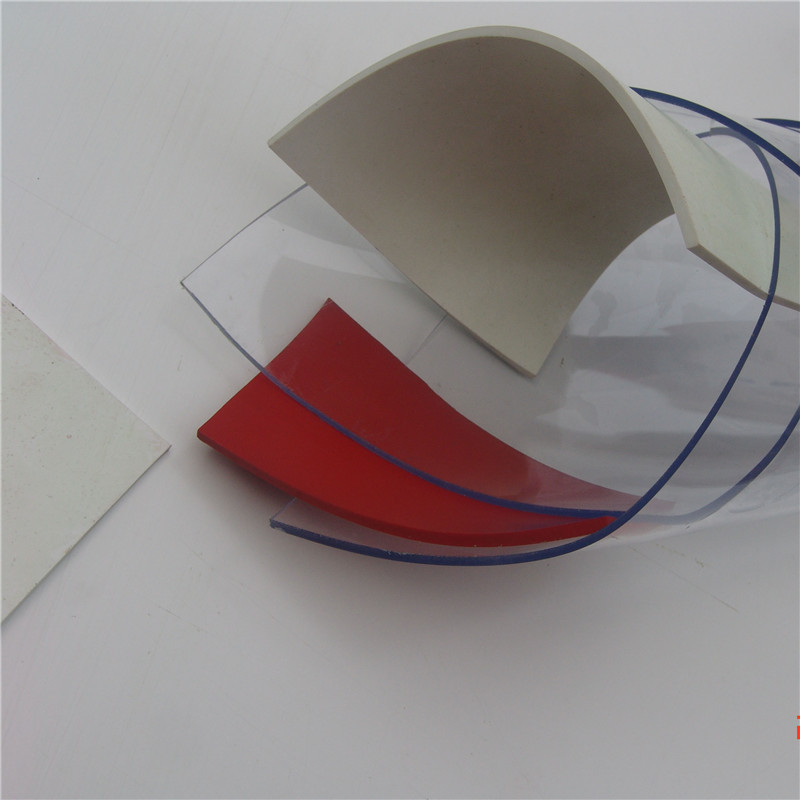PVC Cladding: Unveiling the Hidden Disadvantages
PVC cladding, or polyvinyl chloride cladding, has gained popularity in recent years due to its low cost, durability, and ease of installation. However, like any other building material, it's not without its drawbacks. In this blog post, we'll delve into the disadvantages of PVC cladding and explore why it might not be the ideal choice for every exterior facade application.
Firstly, let's discuss the issue of durability. While PVC cladding is generally considered to be quite resilient, it's not immune to damage. Exposure to extreme temperatures can cause the material to expand and contract, leading to cracks and splits. Prolonged exposure to direct sunlight can also fade the color and reduce the overall lifespan of the cladding.
Furthermore, PVC cladding is susceptible to scratching and denting. Sharp objects or heavy impacts can easily leave marks on the surface, affecting its aesthetics. This can be particularly problematic in high-traffic areas or where children and pets play.
Another significant disadvantage of PVC cladding is its flammability. PVC is a highly flammable material, which means it can pose a significant fire risk if not properly installed and maintained. In the event of a fire, PVC cladding can quickly spread the flames, making it difficult to contain the blaze.
Moreover, PVC cladding can also be challenging to recycle. While some manufacturers claim their products are recyclable, the reality is that recycling PVC cladding is often difficult and costly. This can lead to a significant amount of waste ending up in landfills, contributing to environmental pollution.
In addition, the installation process of PVC cladding can sometimes be problematic. If not installed correctly, it can lead to gaps and uneven surfaces, affecting the overall look and functionality of the facade. It's crucial to hire experienced and skilled installers to ensure a seamless and professional finish.
Lastly, PVC cladding can also be affected by moisture and humidity. High levels of moisture can cause the material to warp and rot, compromising its structural integrity. This can be a particular issue in coastal regions or areas with high rainfall.
In conclusion, while PVC cladding may offer some attractive features such as low cost and ease of installation, it's important to be aware of its disadvantages. Issues with durability, flammability, recyclability, installation challenges, and moisture sensitivity can all pose significant problems in the long run. It's crucial to carefully consider these factors and consult with experts before making a decision on whether PVC cladding is the right choice for your exterior facade.
